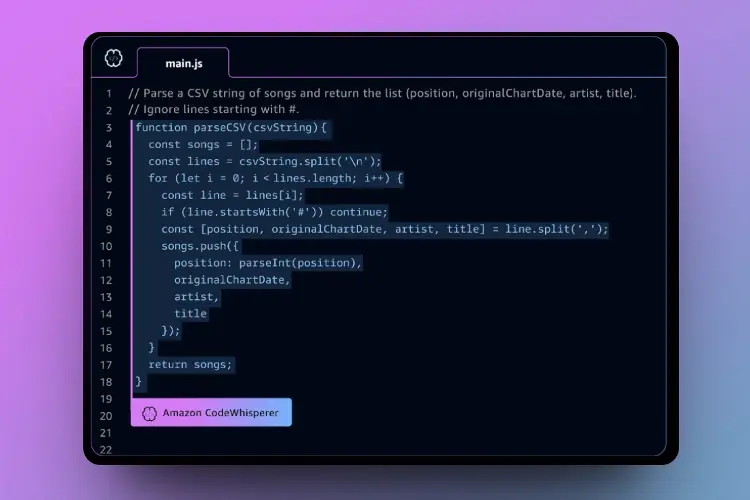
10 Revolutionary Technologies Shaping the Future of Coding in 2024
Created on 3 December, 2024 • Technolgy • 72 views • 1 minutes read
The tech world is evolving at lightning speed, and so is the coding landscape. With emerging tools and platforms, developers can now create more robust, scalable, and efficient software solutions.
1. Low-Code and No-Code Platforms
Platforms like FlutterFlow and OutSystems are enabling rapid app development, making coding accessible even for non-programmers. Businesses are reducing development times while maintaining functionality.
2. AI-Enhanced Development Tools
AI-powered coding assistants like GitHub Copilot and Tabnine are streamlining the development process by suggesting real-time code snippets, reducing errors, and boosting productivity.
3. Quantum Computing for Advanced Algorithms
Quantum computing is no longer just theoretical. Companies like IBM and Google are exploring quantum coding to solve problems traditional computing can't handle, especially in cryptography and data analysis.
4. Progressive Web Apps (PWAs)
PWAs are bridging the gap between web and mobile apps. Technologies like React and Angular are powering these fast, reliable, and installable web apps, offering users a seamless experience.
5. Serverless Architecture
Platforms such as AWS Lambda and Google Cloud Functions are taking over the backend. Serverless architecture reduces overhead, allowing developers to focus on core functionalities without worrying about server maintenance.
6. Blockchain Development Tools
Blockchain isn’t limited to cryptocurrencies anymore. Developers are leveraging frameworks like Ethereum and Hyperledger to build decentralized apps (DApps) for finance, healthcare, and supply chain industries.
7. Edge Computing
Edge computing, powered by frameworks like Cloudflare Workers, is enabling faster data processing by reducing latency and enhancing app performance, especially in IoT devices.
8. Cross-Platform Development Frameworks
Frameworks like Flutter and React Native are making it easier to build apps that run smoothly on both iOS and Android, reducing development time and costs.
9. Cybersecurity-First Development
With rising cyber threats, developers are adopting secure coding practices and integrating tools like SonarQube and OWASP for real-time vulnerability detection.
10. Containerization with Kubernetes and Docker
Container technologies are becoming essential for DevOps, ensuring seamless application deployment across diverse environments while maintaining scalability and reliability.
Conclusion
The future of coding is exciting and dynamic, with technologies that enhance efficiency, security, and innovation. Developers and businesses must adapt to these trends to stay competitive and relevant in the digital age.
Popular posts
-
Coin Master free spins & coins daily links January 2023Games • 3,034 views
-
AI in Healthcare: Advancements and ChallengesTechnolgy • 1,806 views
-
7 Simple Steps to Rank Number 1 in Google SearchTechnolgy • 1,472 views
-
E-commerce EvolutionTechnolgy • 1,171 views
-